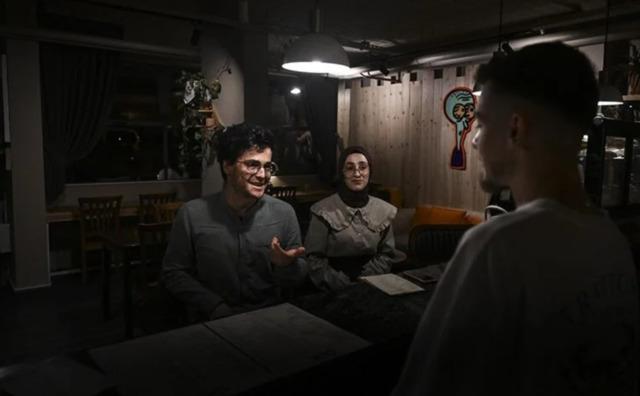XP, also known as “sun exposure disease” and causing the skin to show hypersensitivity to ultraviolet rays (UV), is among the very rare genetic diseases. For children born with this disease, even a few minutes of exposure to the sun causes severe skin burns, skin deformations and skin cancer.
For this reason, children spend almost all of their lives in the dark behind thick curtains, and in the rare moments when they have to go out into the sun, they have to wear special UV-protected clothing, face masks and gloves that cover their bodies.
Brothers Ali and Halaur, who are among approximately 100 patients struggling with this disease in Turkey, have been longing for the sun for as long as they can remember.
Answering questions in their house in Ankara, whose windows are covered with UV protective films and covered with thick curtains, the two brothers explained that they can only participate in social life when the sun goes down.
“I COMPLETED PRIMARY SCHOOL, MIDDLE SCHOOL AND HIGH SCHOOL WITH HOME EDUCATION”
24-year-old Ali Şahin, who has been struggling with his disease for which there is no cure yet, since he was 4 years old when he was diagnosed, stated that they had to stay at home from morning prayer to evening adhan to protect themselves from daylight.
Emphasizing that his education life was not easy but he did not give up, Şahin said, “I studied primary school, secondary school and high school with home education, and I finished it that way. Teachers always came to our home. In primary school, I had only one teacher, but in secondary and high school, teachers from every branch could not come to our home. That’s why my education was left unfinished. “I prepared for the exams by studying myself.” said.
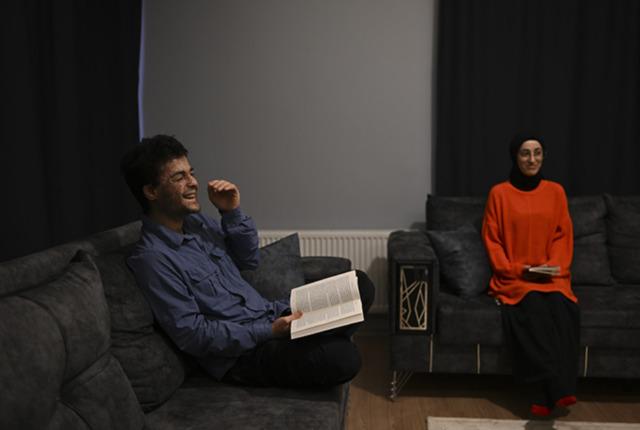
Stating that he took the university exam alone, in a small windowed room with thick curtains, under the supervision of professors and cameras, Şahin said, “I was accepted to Kastamonu University and studied as an evening education. I stayed in a single room in the dormitory. My professors helped me a lot at that time, while my friends were taking the exams in the morning.” “I was studying in the evenings and doing my internship in the evenings. That’s how I finished university.” he said.
“WE ASK THAT A JOB DESCRIPTION BE MADE FOR XP PATIENTS”
Stating that he graduated from the University’s Medical Documentation and Secretarial Department in 2021 and could not work in the private sector or public sector due to his illness, Şahin said that he earned his pocket money by doing piecework work at home over the internet, but was looking for a job where he could work in the evenings.
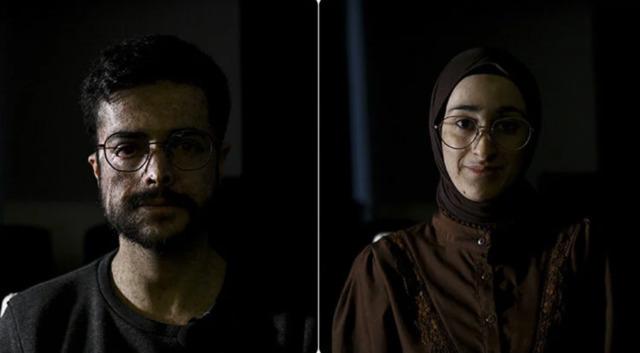
Şahin said, “Unfortunately, our disease does not have a job description. For this reason, there are XP patients in the private sector who are employed during the day despite serious life risks. We ask our government to make a job description for XP patients.” he said.
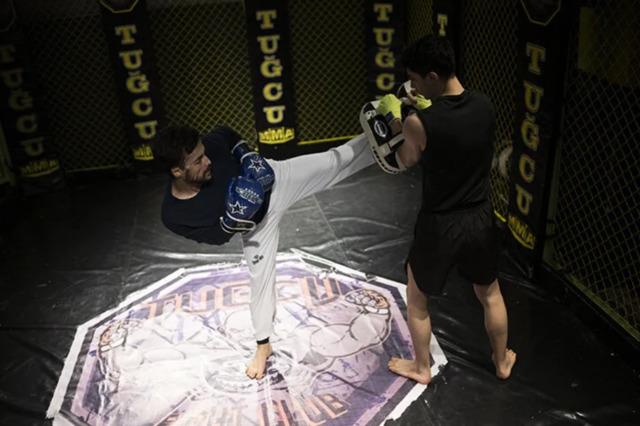
Pointing out that UV-protected masks and gloves, mostly brought from abroad with the support of voluntary associations, are a vital need for XP patients, Şahin requested financial support and ease in customs duties for these products, as well as an increase in the reimbursement rates for sunscreens.
“IT HURTS LIKE THEY PUT A HOT IRON IN MY EYE”
Ali Şahin explained the difficulty caused by his disease: “I can only go out in the evenings. I cannot open my eyes in daylight, it hurts so much. It hurts as if they put a hot iron on my eye.” he expressed it with his words.
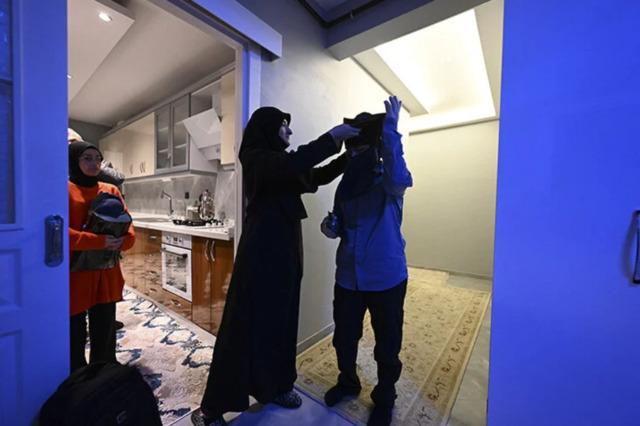
Explaining that in addition to UV films that block 90 percent of sunlight on the windows of their houses, blackout curtains are also installed, Şahin continued as follows:
“During the day, we only leave the house when we need to go to the hospital. In this case, we wear masks and clothes with UV protection. We wear sunglasses and apply sunscreen with very high protection. We also have UV window films and blackout curtains in our car. This way, we can go to the hospital.”
“I HEARTLY BELIEVE THAT A TREATMENT WILL BE FOUND”
Stating that he usually meets with his friends in the evenings and goes to a taekwondo course when the sun goes down, Şahin said, “We never give up hope in God. I wholeheartedly believe that one day a treatment will be found for our disease. It is of great importance for us to conduct research on this disease.” he said.
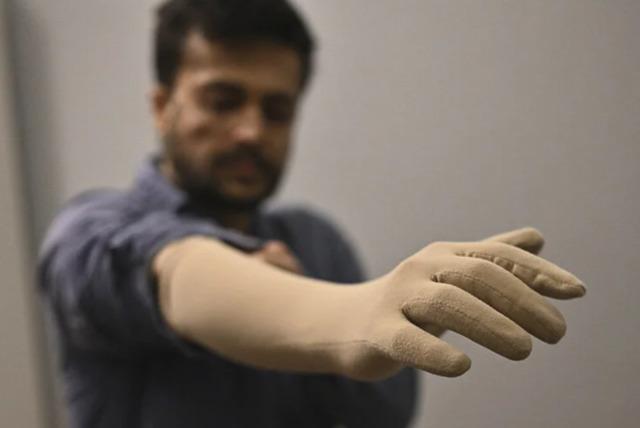
Şahin also pointed out the importance of socializing students with XP in the school environment and suggested that evening schools be opened for patients and that museums, youth centers and some courses should also operate in the evenings.
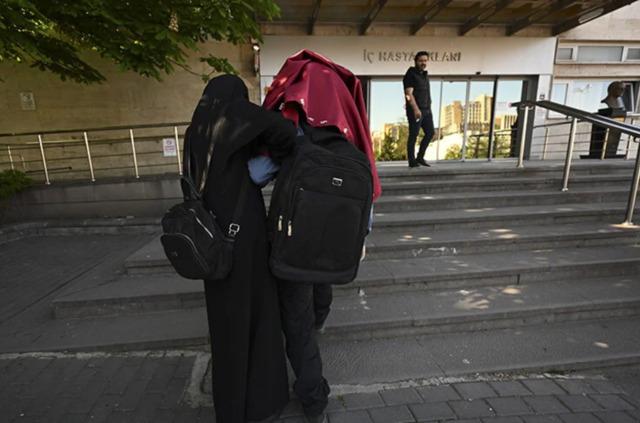
HE HAS NOT SEEN THE SUN SINCE THE DAY HE WAS BORN.
21-year-old Gelenur Şahin, who was preparing for YKS at home, described her experiences with the following words:
“My family protected me from sunlight since the day I was born, since my brother was diagnosed at the age of 4 and it was understood that I also had the disease. I have been away from sunlight for as long as I can remember. We are always at home during the day and go out after evening prayer. I will take the YKS exam in June. “I’m preparing at home on my own, it’s a little difficult, but I’m trying to progress this way. If I can pass the exam, I want to study theology.”
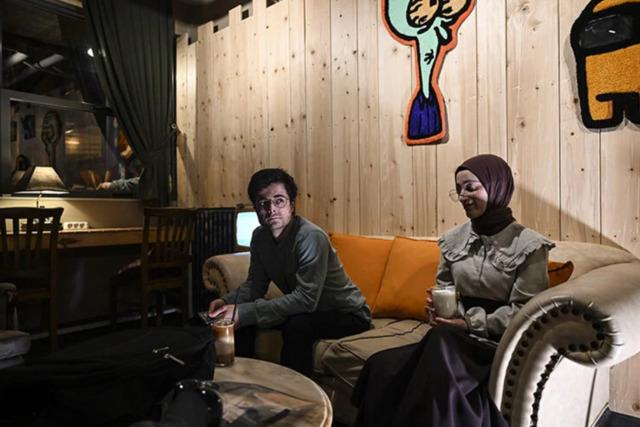
Stating that he completed primary school, secondary school and high school by home education, without going to school like his older brother, and that he will enter YKS in a room without windows, under special conditions, Şahin emphasized that he believes that a treatment will be found for his disease.
Halaur Şahin stated that the biggest need of pediatric patients is evening schools and said, “As XP patients, we are at home all day long, there may be times when we collapse psychologically and feel lonely. School is very valuable not only in terms of education, but also in terms of socializing and spending time with our peers.” he said. (AA)
